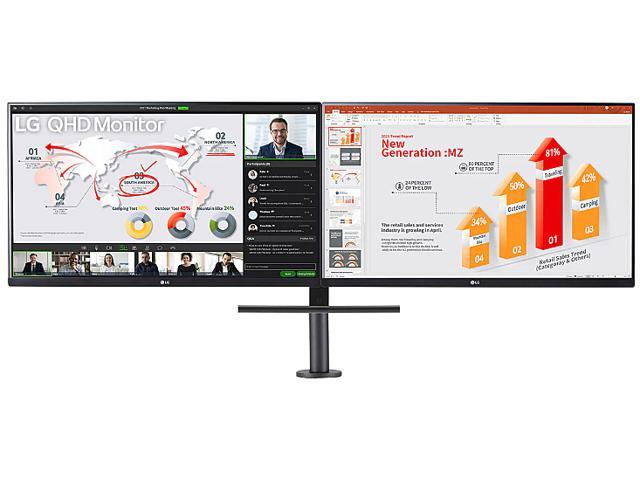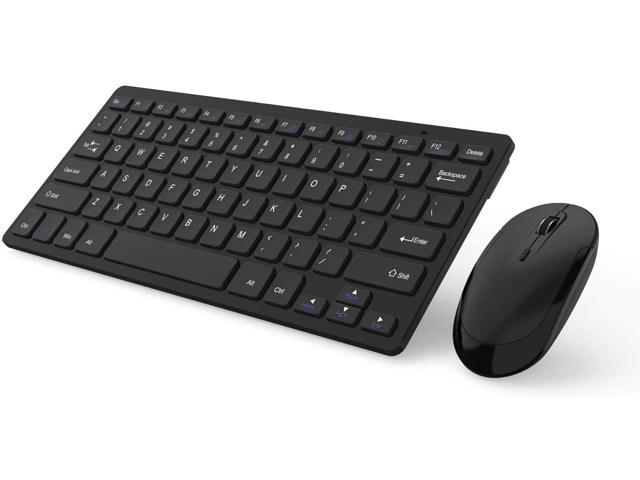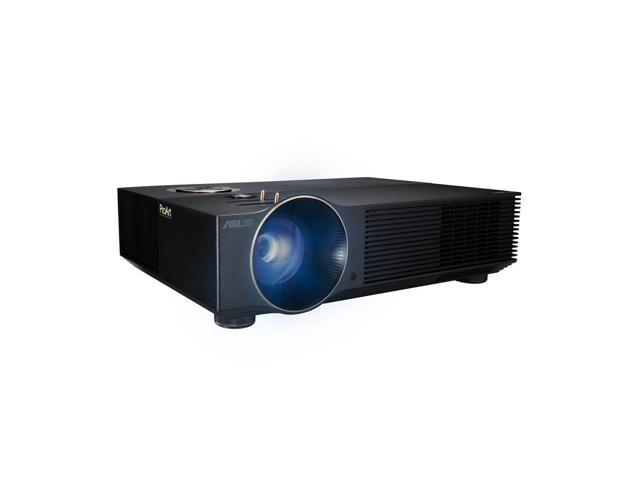The current practice of medicine is largely moving toward applying an evidence-based approach. Evidence-based medicine is the integration of best research evidence using systematic reviews of the medical literature and then translating it into practice by selecting treatment options for specific cases based on the best research. Clinicians rely on the availability of evidence and accordingly take decisions to provide best treatment to their patients. Clinical management of neurologically compromised patients is challenging and varied; for this reason, treating physicians including neuroanesthesiologists are always in search of best available evidence for patient management and care.
Essentials of Evidence-Based Practice of Neuroanesthesia and Neurocritical Carehighlights the various controversies that exist in the practice of neuroanesthesia and provides conclusive evidence-based solutions. This comprehensive resource succinctly discusses evidence-based practice of neuroanesthesia based on systematic reviews in clinical neuroscience research. Topics include neurophysiology: ICP or CPP thresholds; neuropharmacology: intravenous or inhalational anesthetics; and neuromonitoring: ICP monitoring. Evidence-based practice is now an integral part of neuroscience, and this book will help residents and trainees gain knowledge to apply it to their practice.
" Highlights the various controversies that exist in the practice of neuroanesthesia and provides conclusive evidence-based solutions
" Topics include neurophysiology: ICP or CPP thresholds; neuropharmacology: intravenous or inhalational anesthetics; and neuromonitoring: ICP monitoring
" Provides residents and trainees with the knowledge to apply evidence-based practice of neuroanesthesia to their practice















